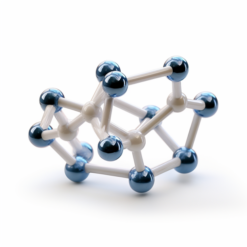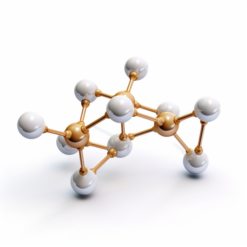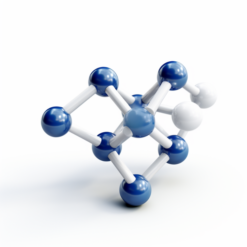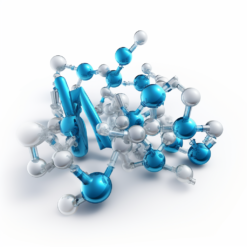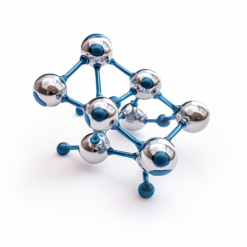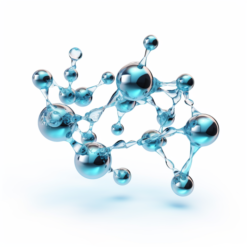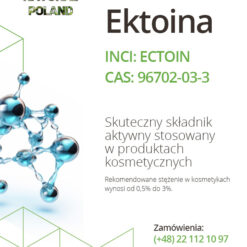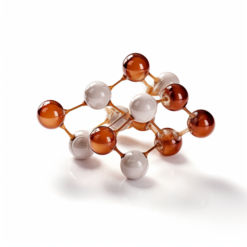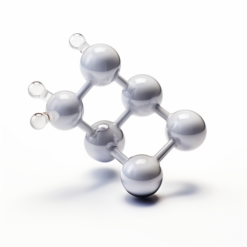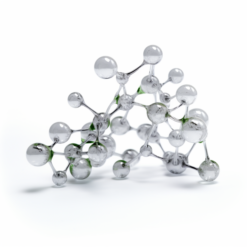BIOLOGICAL FERMENTATION
Biological fermentation is a process that plays a key role in the production of a variety of substances, including peptides, plant extracts, and other ingredients used in the cosmetic, food and pharmaceutical industries. It is a method that uses microorganisms, such as bacteria, yeast or molds, to transform raw materials into desired products.
In the context of producing peptides and other compounds, biological fermentation is carried out by growing selected strains of microorganisms under controlled conditions. These microorganisms are fed with appropriate raw materials and then, through their metabolism, convert these substrates into specific products, such as peptides, enzymes or antibiotics.
A key aspect of biological fermentation is the optimization of culture conditions – temperature, pH, oxygen availability, process duration and nutrients must be precisely adjusted to the needs of the microorganisms used. This makes it possible to obtain a high-quality final product with specific properties and activity.
Once the fermentation process is complete, the product is separated from the microbial biomass, purified and stabilized so that it can be safely used in downstream applications. This method of production is particularly valued for its environmental friendliness and efficiency, as it often yields active ingredients that are difficult to produce by other means.
Biological fermentation is therefore a key element in the modern biotechnology industry, enabling the production of a wide range of ingredients with applications ranging from cosmetics to food and pharmaceuticals.
PRODUCTS DERIVED BY BIOLOGICAL FERMENTATION:
Peptides
Peptides
Peptides
Peptides
Peptides
Peptides
Peptides
Peptides
Peptides
Peptides



